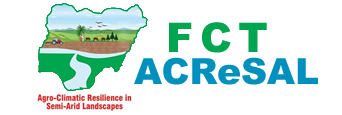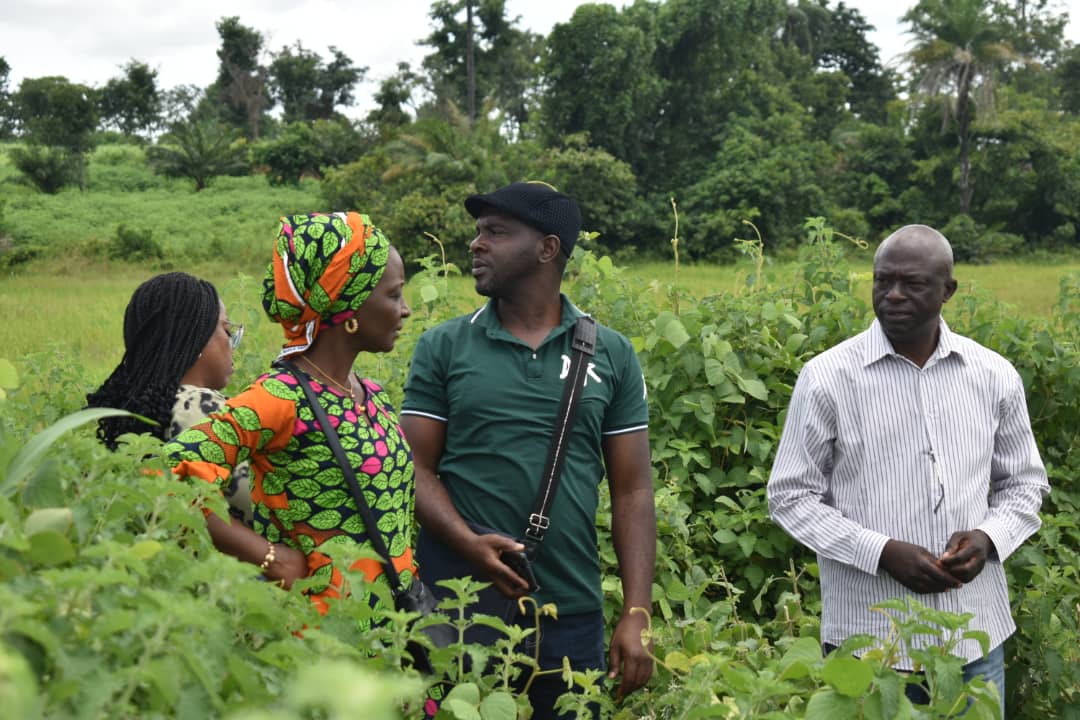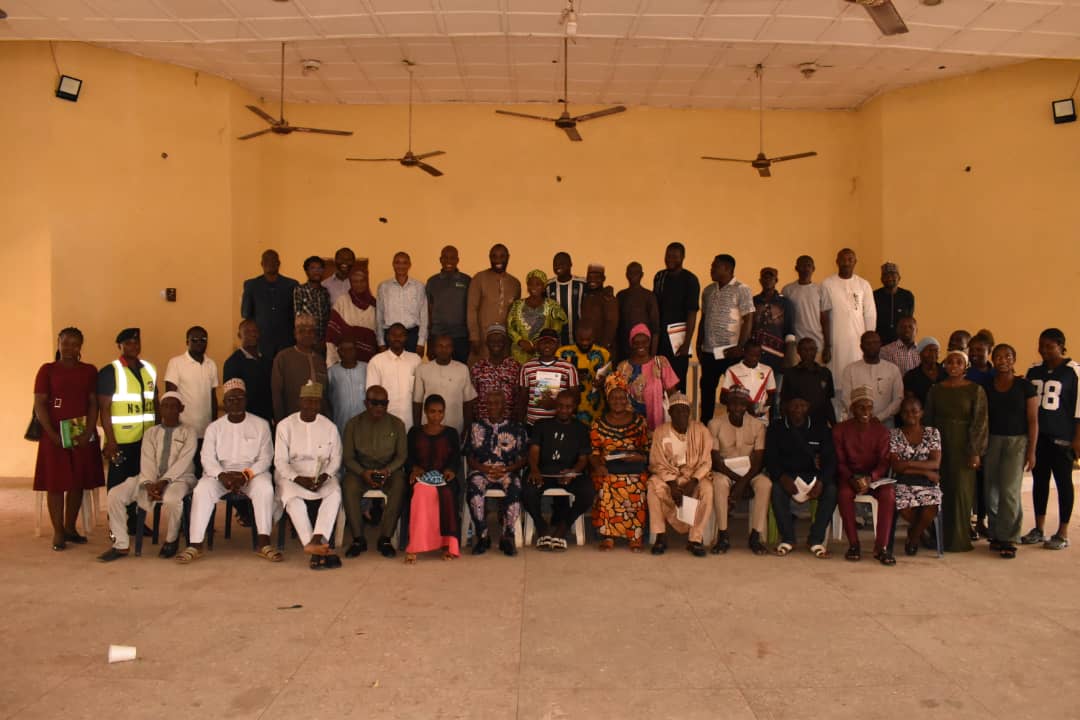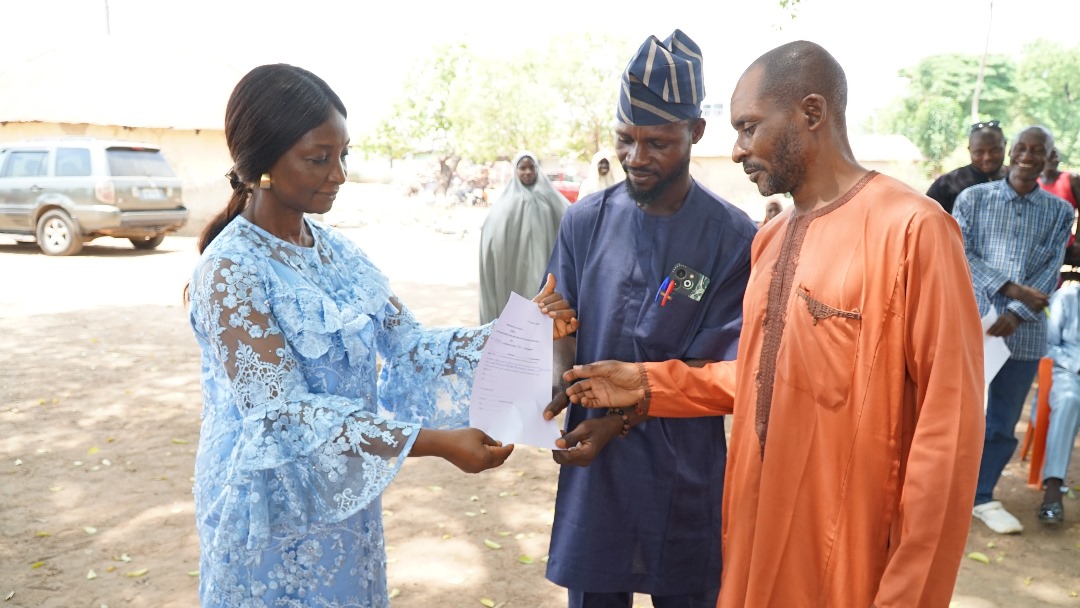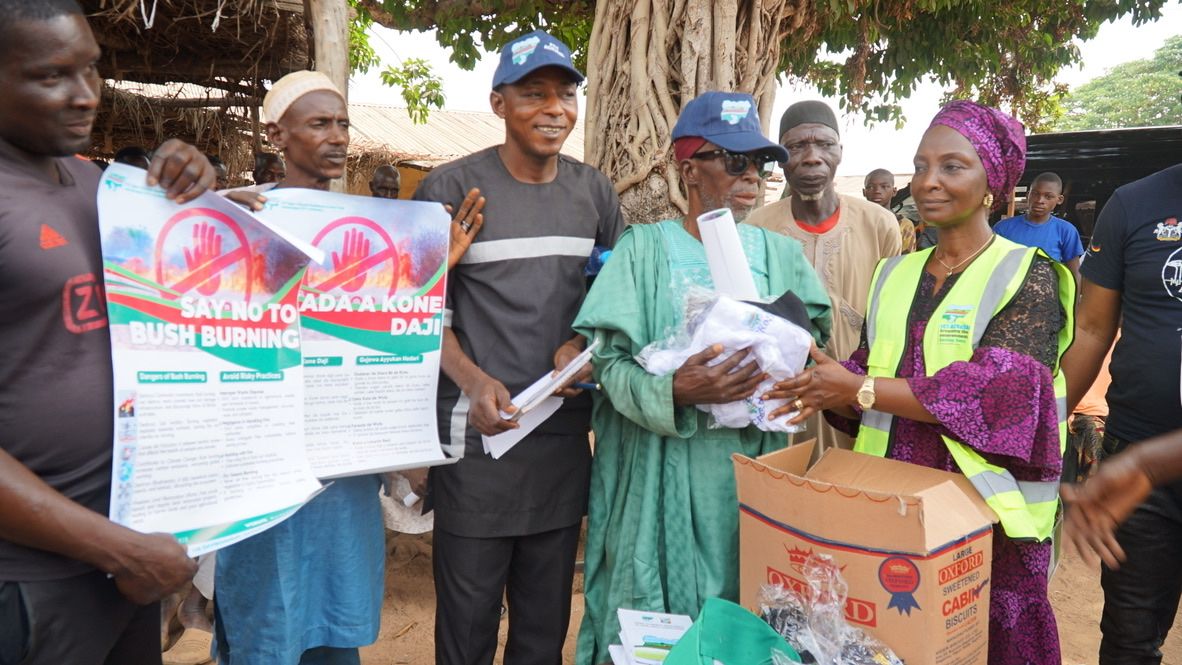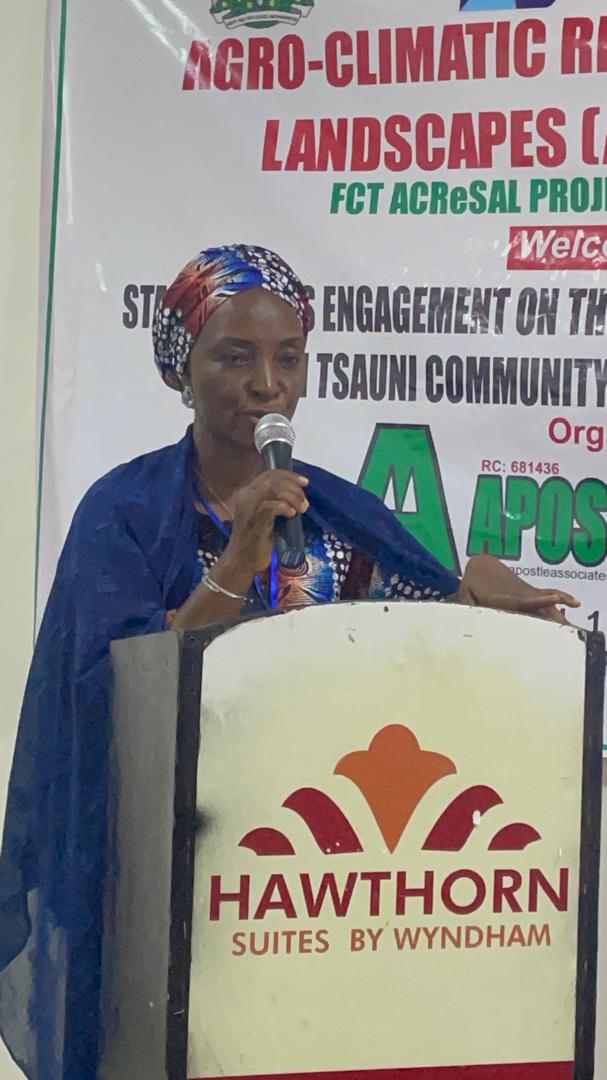
The ACReSAL is a six-year World Bank assisted Project committed to landscapes restoration in Northern Nigeria. The region is characterized by high poverty rates, low literacy.
Read More
© 2023. FCT Agro-Climatic Resilience in Semi-Arid landscapes (ACReSAL) project. All rights reserved.
